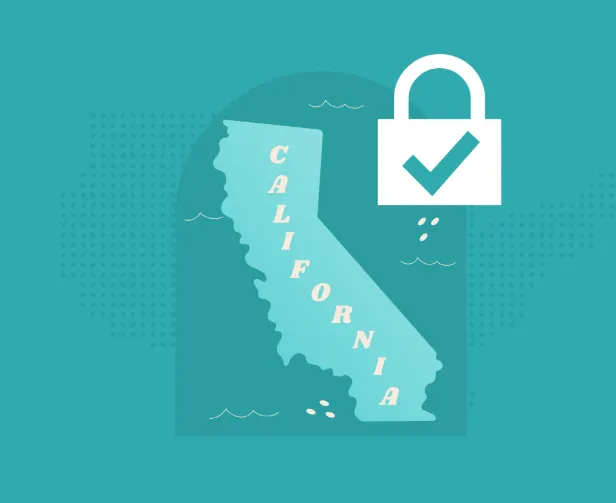In today’s digital world, personal information has become one of the most valuable resources. From shopping online to interacting on social media, we share more data than ever before—and much of it is collected, analyzed, and stored by companies and governments. This reality has made data privacy a pressing issue that affects everyone. Understanding what data privacy means, why it matters, and the laws that protect it is the first step toward safeguarding your digital identity.
What Is Data Privacy?
At its core, data privacy is about ensuring individuals have control over how their personal information is collected, used, and shared. This includes everything from basic identifiers like your name and address to highly sensitive data such as medical records, financial details, and biometric information. Strong data privacy protections prevent unauthorized use and preserve trust between individuals and organizations.
While regulations differ across countries, they all share a common goal: empowering individuals to make informed choices about their data. These protections also place responsibility on businesses and governments to handle information ethically and transparently.
Why Data Privacy Matters
The importance of data privacy extends far beyond stopping identity theft. Personal information influences major life decisions, such as eligibility for jobs, healthcare, or credit. When data is mishandled, misused, or stolen, the consequences can be long-lasting and deeply personal.
Privacy also underpins democracy and freedom. Without strong safeguards, data can be used to monitor behavior, manipulate decisions, or suppress dissent. Protecting personal information is, therefore, not just about security—it is about protecting human rights and individual autonomy.
Data Privacy vs. Data Security
Although often mentioned together, data privacy and data security are not the same. Privacy concerns who has the right to collect and use your data, while security focuses on how that data is protected from breaches or misuse. Think of it this way: privacy sets the rules for access, and security enforces those rules. Both are essential to protecting sensitive information.
The Principles of Data Protection
International privacy regulations are built around several guiding principles:
- Transparency: Individuals must know what data is being collected and for what purpose.
- Fairness: Data should not be used in discriminatory or harmful ways.
- Purpose Limitation: Information must be collected for clear and lawful reasons only.
- Data Minimization: Organizations should only collect what is necessary.
- Accuracy: Personal data must be kept up to date and corrected if inaccurate.
- Storage Limitation: Data should not be kept longer than needed.
- Security: Strong safeguards must prevent unauthorized access.
- Accountability: Organizations must take responsibility for how they handle personal data.
Key Data Privacy Laws Around the World
Several major laws shape the global data privacy landscape:
- GDPR (European Union): A comprehensive regulation giving EU citizens significant rights over their data, with heavy fines for non-compliance.
- CCPA and CPRA (California): State-level laws granting residents rights to know, delete, and opt out of the sale of their personal information.
- LGPD (Brazil): Modeled after GDPR, it gives Brazilians greater control over their data and emphasizes fairness and transparency.
- HIPAA (United States): Protects medical information, requiring healthcare providers to safeguard patient records.
- PCI DSS (Global): Sets security standards for businesses handling payment card information.
These laws are part of a growing global trend toward stricter privacy protections as governments respond to rising concerns over digital surveillance and corporate data use.
Challenges in Protecting Data Privacy
Despite regulations, organizations face major challenges:
- Pervasive Sensitive Data: With so much information being collected, the risk of exposure is constant.
- Shadow IT: Employees often use unauthorized tools and apps, creating new vulnerabilities.
- Global Legal Patchwork: With different countries enforcing different rules, compliance can be complex.
- Weak Access Controls: Many breaches occur due to poor password policies or failure to revoke access.
Best Practices for Safeguarding Privacy
Individuals and organizations can take concrete steps to strengthen privacy:
- Conduct Data Inventories: Regularly review what information is collected, why it is collected, and where it is stored.
- Limit Data Collection: Gather only the data absolutely necessary to deliver services.
- Be Transparent: Share clear privacy policies and keep users informed about their rights.
- Encrypt and Secure: Use encryption and multi-factor authentication to reduce risks.
- Monitor Continuously: Privacy should be an ongoing process, with frequent audits and updates.
Why Businesses Should Care About Compliance
Following privacy laws isn’t only about avoiding fines. Companies that respect user privacy build stronger relationships, earn customer loyalty, and protect their reputations. Conversely, those that neglect privacy face legal penalties, financial loss, and long-term reputational damage.
Conclusion
Data privacy is no longer optional—it is a necessity in our interconnected world. By understanding the principles of privacy, staying aware of evolving laws, and adopting best practices, both individuals and organizations can protect sensitive information while building trust in the digital ecosystem. The responsibility lies not only with governments and corporations but also with each of us as we navigate our online lives. Safeguarding privacy today ensures freedom, security, and integrity for the future.





